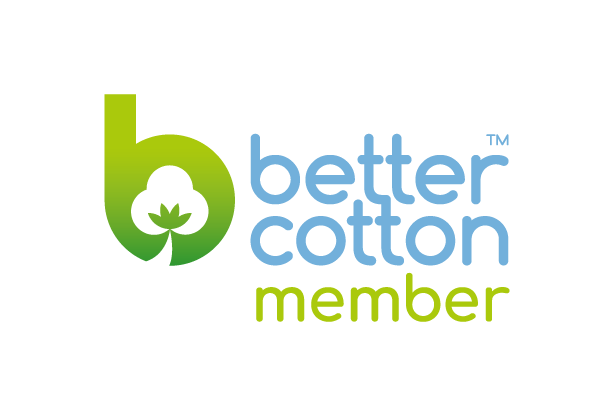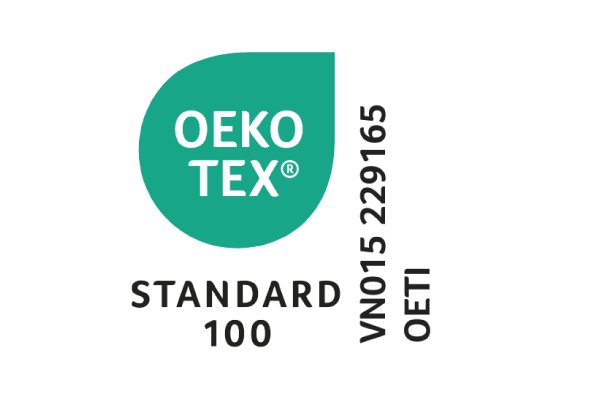GOTS Certification of Wendler products
GOTS Certification of a ready-made shirt
Our entire interlining product range is certified according to Premium OEKO-TEX® Standard 100 ( Product class II, appendix 6) and therefore fulfils the requirements that the ready-made shirt can be certified according to GOTS provided that the shirt fabric itself is certified interlining belongs to the accessories segment.
GOTS Certification of Interlining
The non-fusible (i.e. uncoated) interlining articles made of ORGANIC cotton can be certified as GOTS products. These can then also be marked with a GOTS label.
Fusible (i.e. coated) interlining cannot be GOTS due to the coating applications, but it can generally be used for GOTS-certified shirts as mentioned above.
"We are committed to using our natural resources economically. Starting in the workplace."
Anke Wurst - Quality Manager, Wendler EInlagen GmbH & Co. KG, Germany







